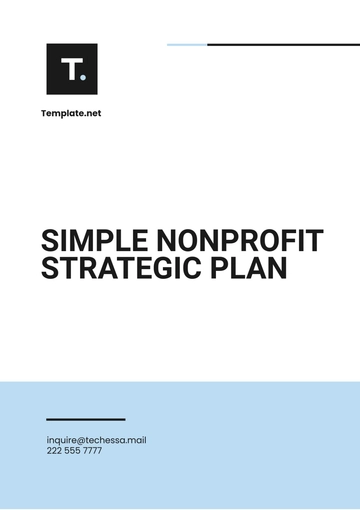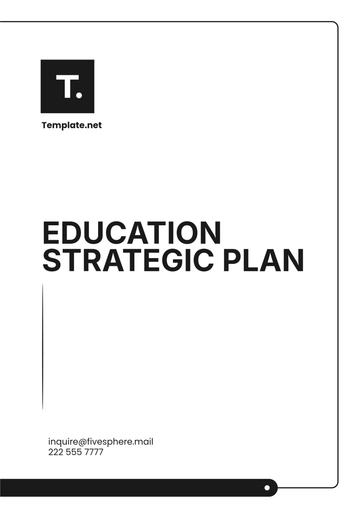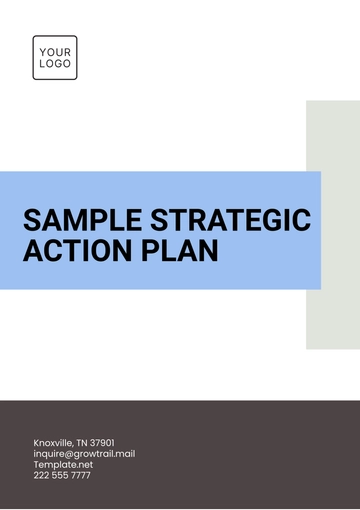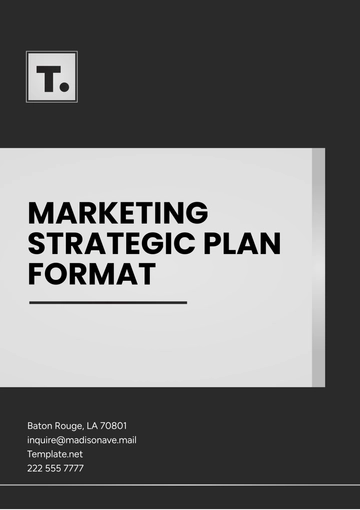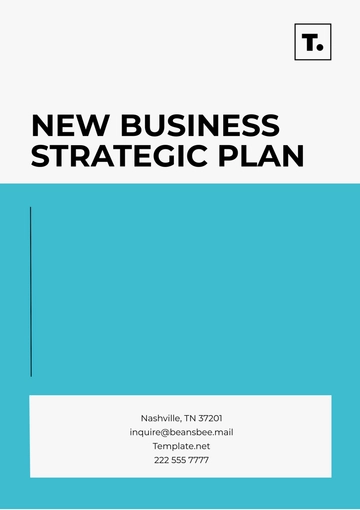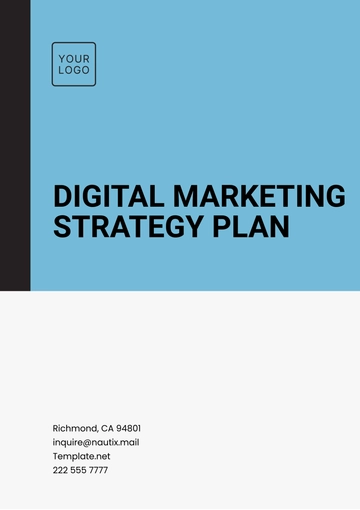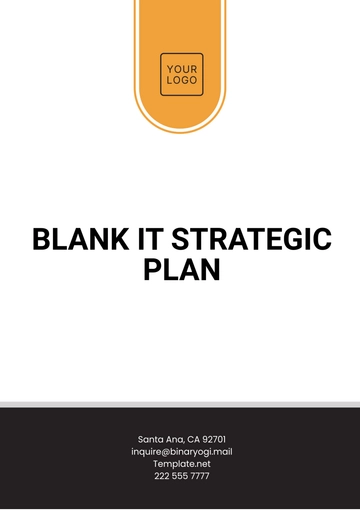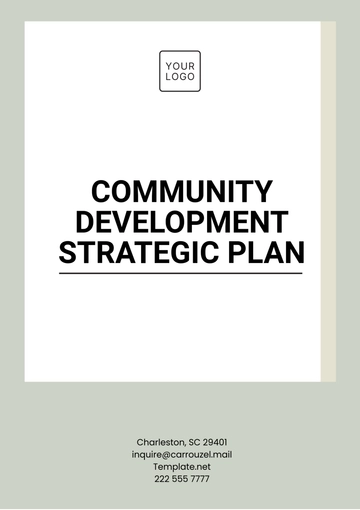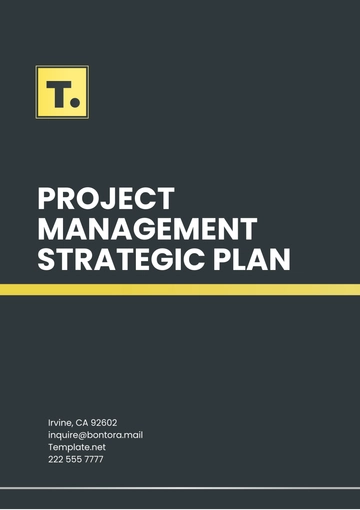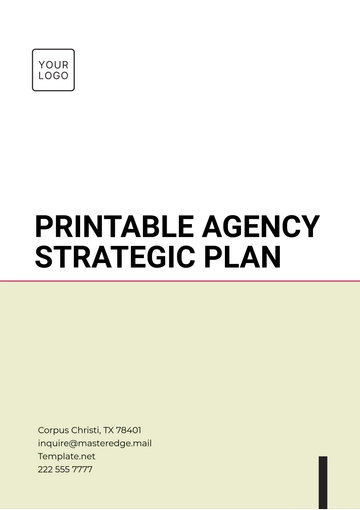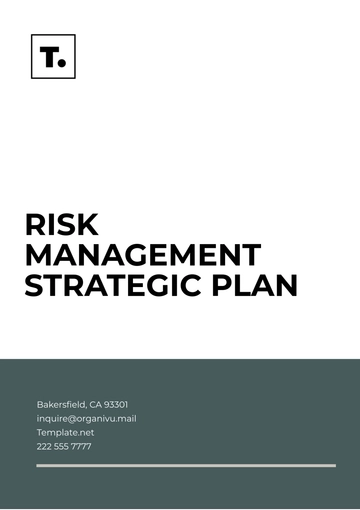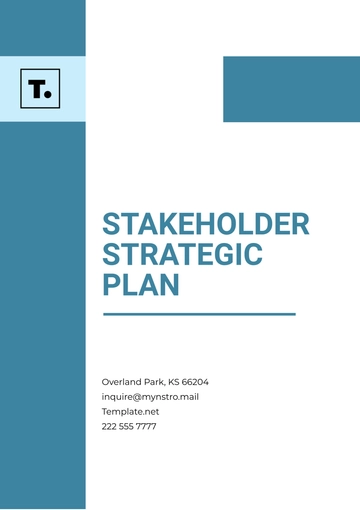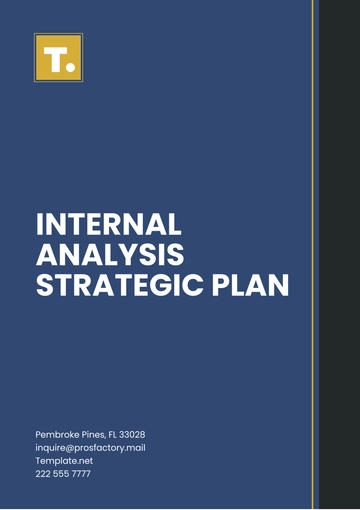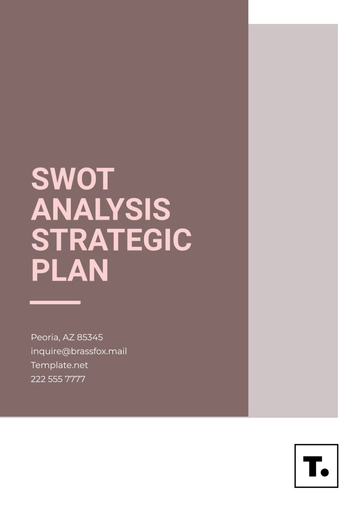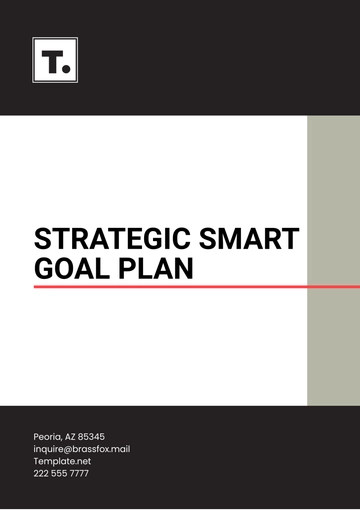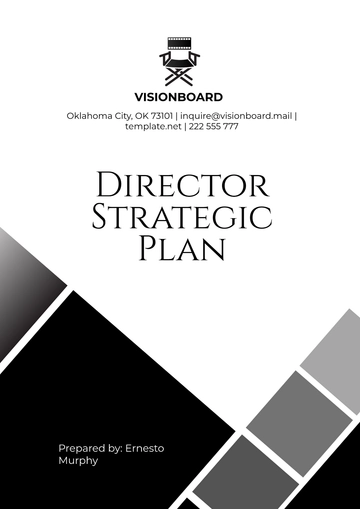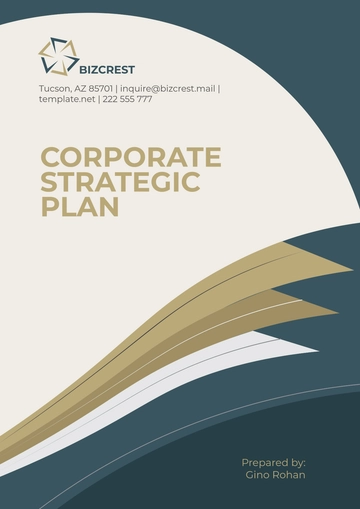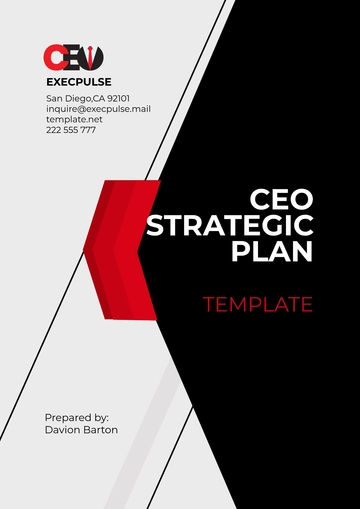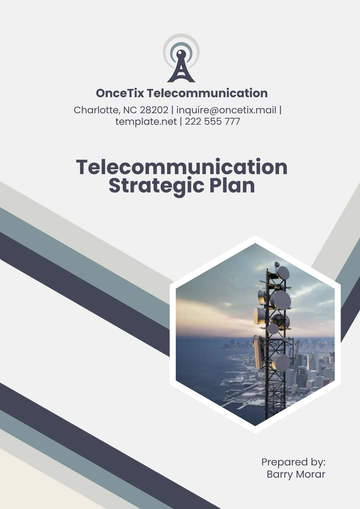Free Marketing Strategic Plan Format
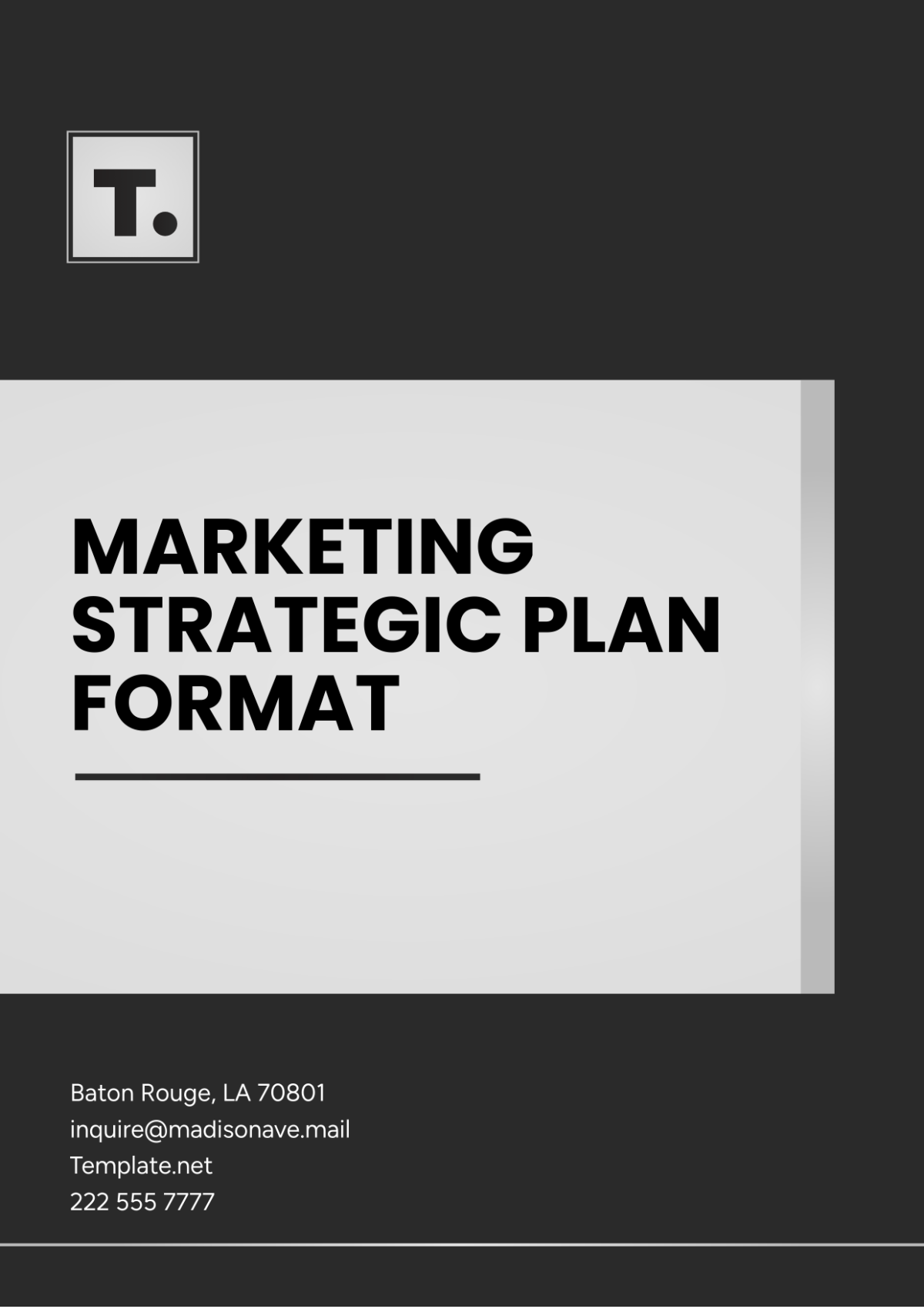
Prepared by: [Your Name]
I. Executive Summary
A brief overview of the marketing strategy.
Key objectives and anticipated outcomes.
II. Situational Analysis
Market Analysis
Industry overview and trends.
Target market identification (demographics, psychographics).
SWOT Analysis
Strengths: Internal capabilities that give an advantage.
Weaknesses: Internal limitations or challenges.
Opportunities: External factors that can be leveraged.
Threats: External challenges or competition.
III. Marketing Objectives
Specific, measurable, achievable, relevant, and time-bound (SMART) objectives.
Examples: Increase market share by 15% in the next year, grow social media following by 30% in six months.
IV. Target Market Segmentation
Define market segments based on characteristics such as age, gender, income, lifestyle, etc.
Identify primary and secondary target audiences.
V. Marketing Strategies
Positioning Strategy
How you want your brand to be perceived in the market.
Marketing Mix (4Ps)
Product: What you’re offering and its unique features.
Price: Pricing strategy and rationale.
Place: Distribution channels (online, retail, direct).
Promotion: Communication strategy (advertising, PR, social media, content marketing).
VI. Budget
Detailed budget allocation for different marketing activities.
Expected ROI for each strategy or campaign.
VII. Implementation Plan
Timeline for executing marketing strategies.
Responsibilities and roles of team members.
VIII. Performance Metrics and Evaluation
Key performance indicators (KPIs) to measure success (e.g., sales growth, website traffic, lead generation).
Regular review schedule (monthly, quarterly) to assess progress.
IX. Conclusion
Summary of key points and the overall vision for the marketing strategy.
X. Appendices (if needed)
Additional data, charts, or research supporting the plan.
Detailed profiles of target segments or personas.
- 100% Customizable, free editor
- Access 1 Million+ Templates, photo’s & graphics
- Download or share as a template
- Click and replace photos, graphics, text, backgrounds
- Resize, crop, AI write & more
- Access advanced editor
Achieve your marketing goals with our Marketing Strategic Plan Format Template from Template.net. Fully editable and customizable, this template helps you define key objectives, marketing strategies, and performance metrics. You can tailor every section using our AI Editor Tool, ensuring your plan aligns perfectly with your business needs. Whether you're launching a new product or optimizing campaigns, this template offers a clear structure to guide your marketing efforts.

